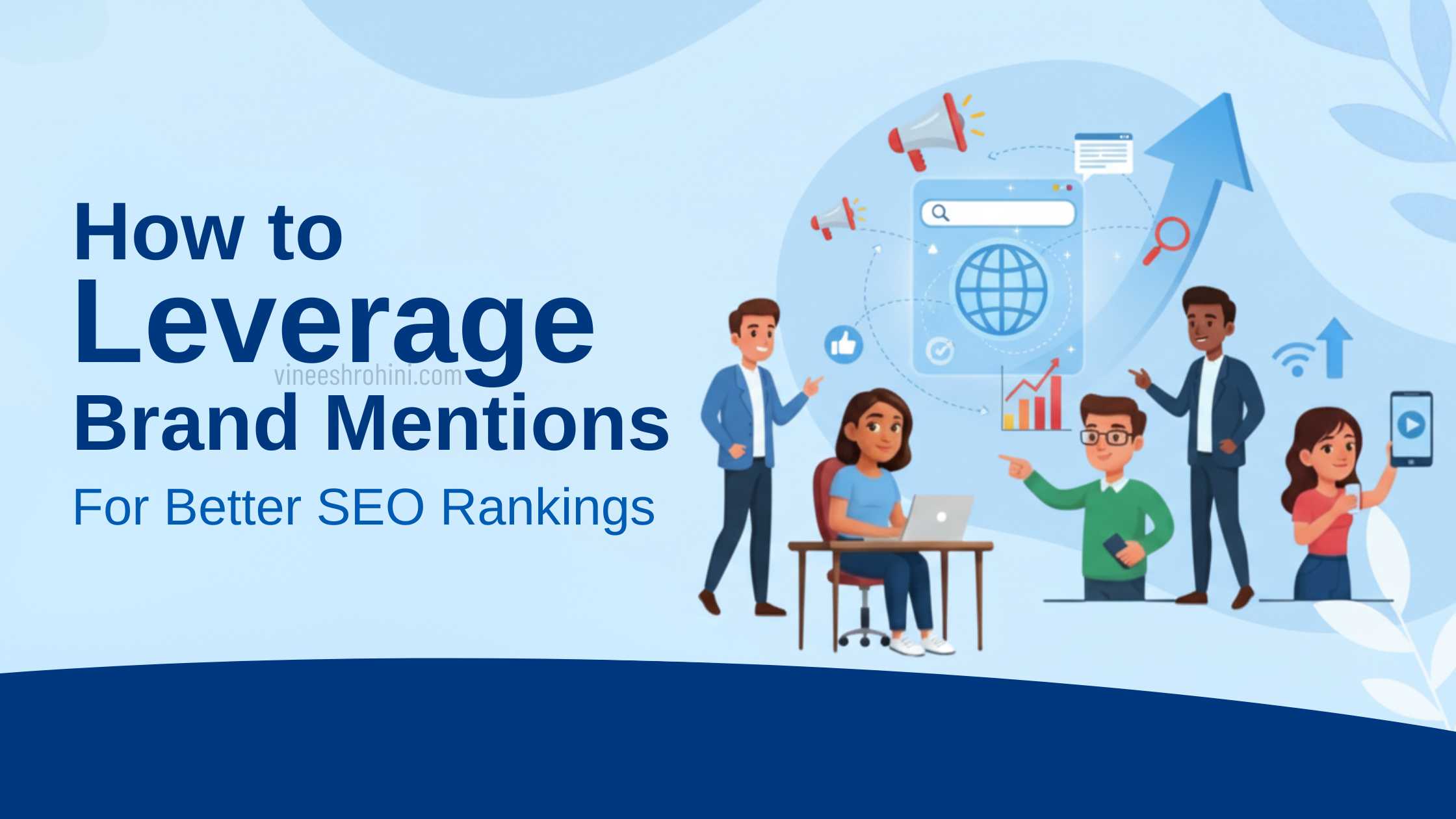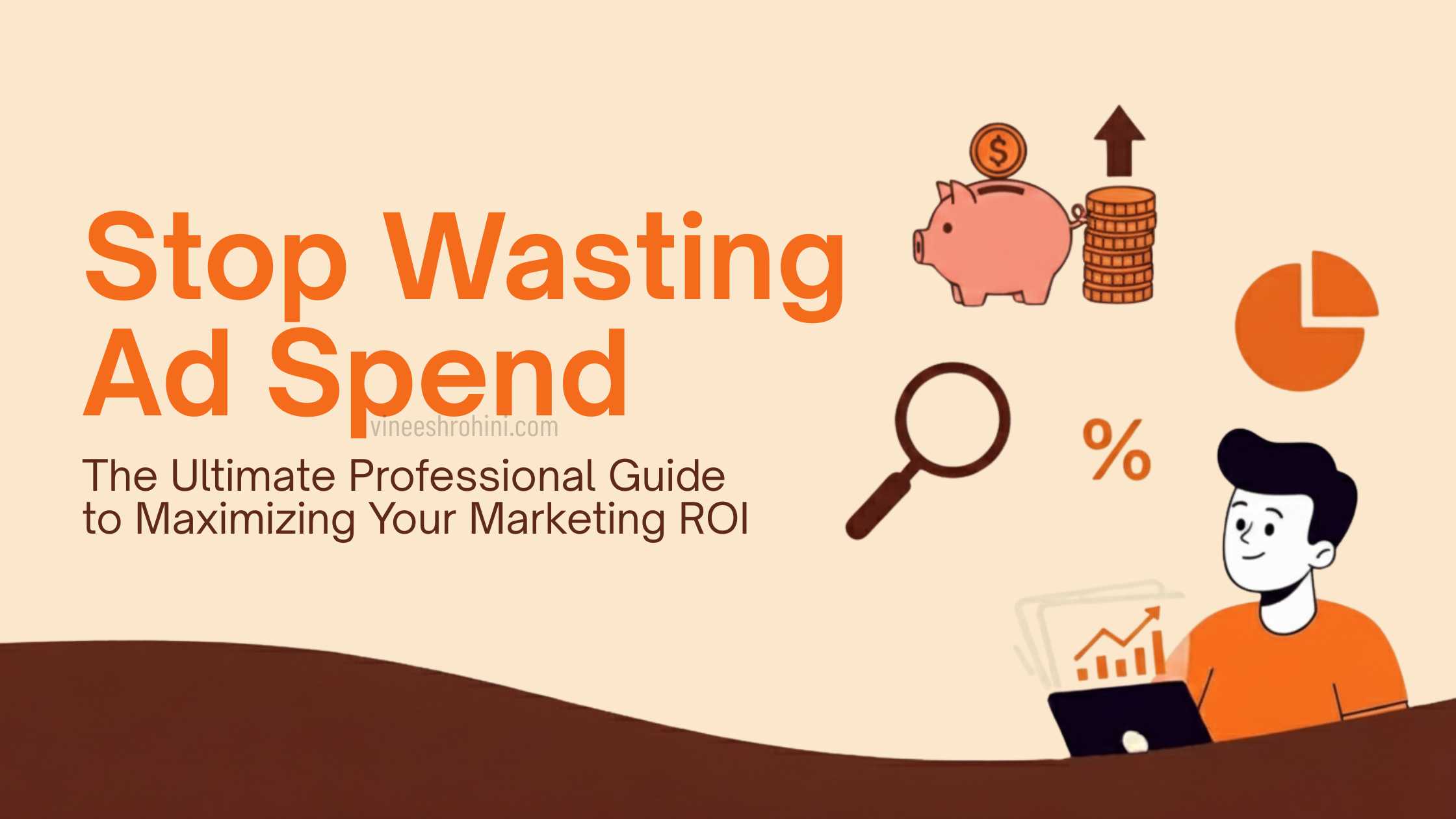Privacy-First Marketing Strategies – Comprehensive Guide 2025
Privacy-First Marketing Strategies : In 2025, privacy-first marketing strategies have become essential for businesses navigating the evolving digital landscape. With consumers increasingly concerned about how their personal data is collected, stored, and used, and with stricter regulations like GDPR, CCPA, and emerging privacy laws worldwide, marketers must adapt their strategies to maintain trust, comply with laws, and deliver personalized experiences without compromising data privacy.
Table of Contents
This comprehensive guide delves into the principles, tactics, and tools for implementing privacy-first marketing strategies in 2025, ensuring sustainable growth while respecting consumer rights.
1. Understanding Privacy-First Marketing

Privacy-first marketing refers to strategies that prioritize consumer data protection, transparency, and ethical data usage. Unlike traditional marketing approaches that heavily rely on third-party tracking and cookies, privacy-first marketing focuses on first-party data, consent-driven interactions, and compliance with privacy laws. The goal is to build consumer trust, enhance brand reputation, and optimize marketing performance in a cookie-less digital world.
Key principles of privacy-first marketing include:
- Transparency: Clearly informing consumers how their data will be used.
- Consent-Based Data Collection: Ensuring users opt-in before sharing personal information.
- Minimal Data Usage: Collecting only essential data to deliver relevant experiences.
- Secure Data Storage: Protecting consumer data through encryption and secure storage solutions.
- Ethical Data Practices: Avoiding invasive tracking or data misuse that could harm users.
2. Why Privacy-First Marketing Matters in 2025
The digital marketing ecosystem has undergone significant changes due to privacy regulations, shifting consumer expectations, and technology advancements. Several factors make privacy-first marketing critical in 2025:
2.1 Regulatory Compliance
Data privacy laws like the General Data Protection Regulation (GDPR) in Europe, California Consumer Privacy Act (CCPA) in the US, and new global privacy legislations require businesses to implement strict data protection practices. Non-compliance can lead to hefty fines, legal actions, and reputational damage.
By adopting privacy-first strategies, businesses can ensure compliance and avoid penalties while demonstrating ethical marketing practices to their customers.
2.2 Consumer Trust and Loyalty
Modern consumers are increasingly aware of their digital footprint. Surveys indicate that over 70% of consumers are concerned about how brands use their personal data. Brands that respect privacy, are transparent about data usage, and provide opt-in choices can foster trust, resulting in higher customer retention, brand loyalty, and long-term revenue growth.
2.3 The Cookie-Less Future
Major browsers like Safari, Firefox, and G Chrome are phasing out third-party cookies, making traditional tracking methods obsolete. In this cookie-less era, marketers must rely on first-party data and privacy-friendly analytics to maintain targeting and personalization capabilities. Privacy-first strategies ensure marketers can continue delivering relevant campaigns without violating privacy laws.
2.4 AI and Data Privacy
Artificial intelligence (AI) and machine learning (ML) are increasingly used for predictive marketing, personalization, and customer segmentation. However, these tools require large datasets, raising concerns about privacy. Privacy-first strategies balance AI-driven personalization with data protection, ensuring that AI models are trained on ethical and anonymized data.
3. Key Components of Privacy-First Marketing Strategies
To implement privacy-first marketing effectively, businesses should focus on several key components:
3.1 First-Party Data Collection
First-party data is information collected directly from consumers through interactions like website visits, email subscriptions, app usage, and purchase history. Unlike third-party data, first-party data is consented, reliable, and privacy-compliant.
Best practices include:
- Consent Management Platforms (CMPs): Tools that help collect and manage user consent.
- Interactive Forms and Surveys: Collect customer preferences directly.
- Behavioral Tracking: Monitor user actions on your website or app ethically.
Also Read : How to Win on Marketplaces Like Amazon & Flipkart
3.2 Consent-Driven Marketing
Obtaining explicit user consent is the cornerstone of privacy-first marketing. This involves:
- Clear Consent Requests: Avoid pre-ticked boxes; users must actively agree to data collection.
- Granular Consent Options: Let users choose which data they share and for what purpose.
- Transparent Privacy Policies: Explain data usage in simple, understandable language.
3.3 Data Minimization
Data minimization emphasizes collecting only the data that is strictly necessary for marketing purposes. This reduces risk, enhances compliance, and builds consumer confidence.
- Collect essential information like email, purchase preferences, or browsing behavior.
- Avoid intrusive data collection such as sensitive personal information unless necessary.
3.4 Secure Data Storage and Encryption
Ensuring data security is vital to privacy-first marketing. Best practices include:
- Encrypt data both in transit and at rest.
- Implement role-based access control to limit who can access sensitive data.
- Regularly audit data storage and security protocols to prevent breaches.
3.5 Transparency and User Control
Providing transparency and giving users control over their data is crucial. Strategies include:
- Privacy Dashboards: Allow users to view, edit, or delete their data.
- Cookie Banners: Clearly inform users about cookie usage and give opt-in/opt-out options.
- Clear Communication: Send notifications about how data is used for personalized experiences.
4. Privacy-First Marketing Channels
Privacy-first strategies can be applied across all marketing channels:
4.1 Email Marketing
- Use permission-based email lists only.
- Personalize content based on first-party data rather than third-party tracking.
- Segment audiences ethically without over-collecting personal details.
4.2 Content Marketing
- Create content that educates users about privacy and ethical data practices.
- Leverage interactive content like quizzes and surveys to gather consented data.
- Avoid embedding third-party scripts that track users without consent.
4.3 Social Media Marketing
- Use platform analytics responsibly without over-tracking.
- Respect user privacy when running targeted campaigns.
- Avoid over-reliance on third-party cookies for retargeting.
4.4 Paid Advertising
- Implement privacy-safe retargeting using first-party data.
- Leverage contextual advertising instead of behavioral tracking.
- Use AI-powered tools that anonymize user data while maintaining personalization.
5. Tools and Technologies for Privacy-First Marketing

Several tools can help marketers implement privacy-first strategies efficiently:
- Consent Management Platforms (CMPs): OneTrust, TrustArc, Cookiebot.
- Customer Data Platforms (CDPs): Segment, mParticle for first-party data collection.
- Privacy-Focused Analytics: Matomo, Fathom Analytics.
- Secure CRM Tools: HubSpot, Salesforce with data privacy modules.
- AI Personalization Platforms: Bloomreach, Dynamic Yield with privacy-compliant AI models.
6. Measuring Success of Privacy-First Marketing
Privacy-first marketing does not compromise performance. Key metrics to measure success include:
- Customer Trust Score: Surveys or Net Promoter Score (NPS) to evaluate trust.
- Opt-In Rates: Percentage of users consenting to data collection.
- Conversion Rates: Impact of privacy-first personalization on sales.
- Customer Retention: Measure long-term loyalty with privacy-respecting campaigns.
- Compliance Audits: Track GDPR/CCPA adherence and avoid fines.
7. Challenges in Privacy-First Marketing
Despite the benefits, marketers may face challenges:
- Data Limitations: Reduced access to third-party tracking data.
- Implementation Costs: Deploying secure, privacy-compliant systems can be expensive.
- Consumer Education: Users may need guidance to understand privacy dashboards and consent options.
- AI Limitations: Privacy-compliant AI models may require sophisticated anonymization techniques.
8. Privacy-First Marketing Trends in 2025
Several trends are shaping privacy-first marketing in 2025:
- AI-Driven Privacy Tools: AI automates consent management, anonymization, and compliance reporting.
- Cookie-Less Retargeting: Innovative methods like cohort-based advertising and contextual targeting are replacing traditional cookie-based methods.
- Blockchain for Transparency: Blockchain enables secure, verifiable records of data usage.
- Privacy as a Brand Differentiator: Brands that prioritize privacy gain competitive advantage and consumer trust.
- Integrated Consent Across Channels: Unified consent management across web, mobile, email, and apps.
9. Steps to Implement Privacy-First Marketing
- Audit Current Data Practices: Identify what data is collected, how it’s stored, and whether it’s compliant.
- Adopt Consent Management Tools: Ensure users can manage their privacy preferences.
- Shift to First-Party Data: Focus on direct data collection channels like website forms and app interactions.
- Use Privacy-Safe Marketing Channels: Implement contextual advertising, privacy-compliant analytics, and AI personalization.
- Educate Consumers: Make privacy policies clear and empower users with control.
- Monitor Compliance: Regularly audit practices to comply with GDPR, CCPA, and other privacy laws.
- Measure and Optimize: Track opt-ins, trust scores, and campaign performance to continuously improve strategies.
Privacy-First Marketing Strategies – Conclusion

In 2025, privacy-first marketing strategies are no longer optional—they are essential. By focusing on first-party data, consent-driven interactions, secure data storage, and transparent communication, brands can navigate the cookie-less future while building consumer trust, brand loyalty, and sustainable growth. Embracing privacy-first marketing is not just a legal necessity—it’s a strategic advantage that differentiates forward-thinking brands in a competitive digital landscape.
Buy Now : Ecommerce Website
Businesses that proactively adopt privacy-first practices will be well-positioned to leverage AI, contextual targeting, and ethical personalization, ensuring they stay compliant while maximizing marketing ROI. Privacy-first marketing is the future, and 2025 is the year to fully embrace it.



